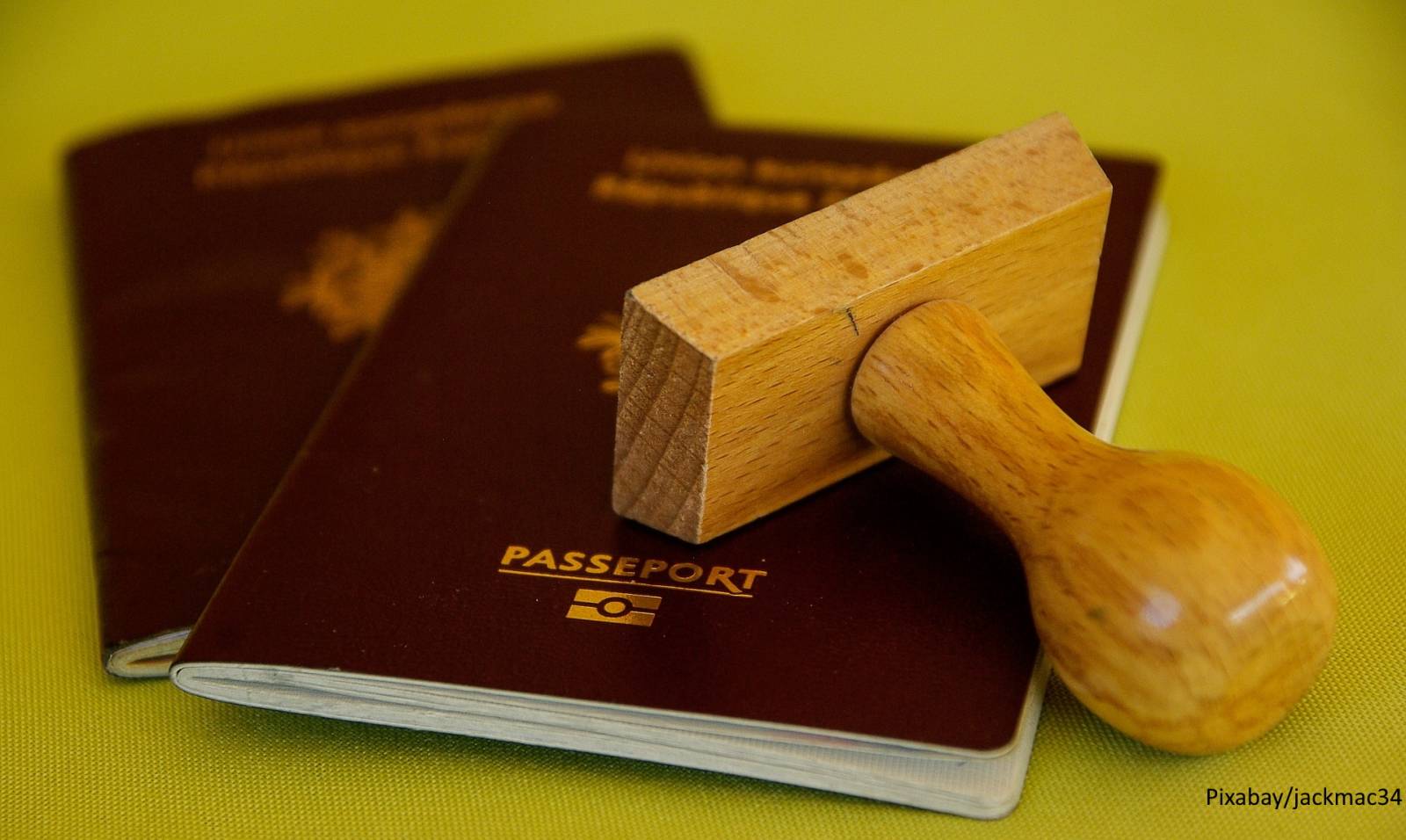Expatriate Childhood: Children’s Experiences of Temporary Migration
Academy Research Fellow project (2019-2024)
Background
Increasing numbers of highly skilled migrants work temporarily abroad. Often, they are accompanied by their children, but very little is known about the children’s views and experiences.
Goal
This ethnographic study asks how children (8-15 years old) experience temporary migration to Finland and their lifestyle that includes frequent transnational mobility. How do they define and want to present their identities and belonging? How do they negotiate their place within the current system of nation states? How does their position become defined in Finland and on the transnational arena? What kinds of everyday lives do they lead?
Temporary migration is usually seen as an issue of governance and economic benefits but this project brings in children’s everyday experiences. The project investigates children of various national backgrounds thus avoiding methodological nationalism. One aim is to problematise the notion of ‘privileged expatriates’ by paying attention to the heterogeneity among them.
Methods
The study is ethnographic. Research methods are participant observation and interviews as well as drawings and photography and video projects conducted together with the children. The research material will consist of detailed field diaries on the participant observation, interviews and visual data.
Impact
The project produces useful information for policy-makers, teachers, expatriate children and their families.
Keywords:
childhood; expatriates; temporary migration; ethnography; skilled migrants; transnational mobility; Finland; cosmopolitanism; class; Third Culture Kids
Funding
The project is funded by the Academy of Finland (grant number 322916) and Tampere University.

